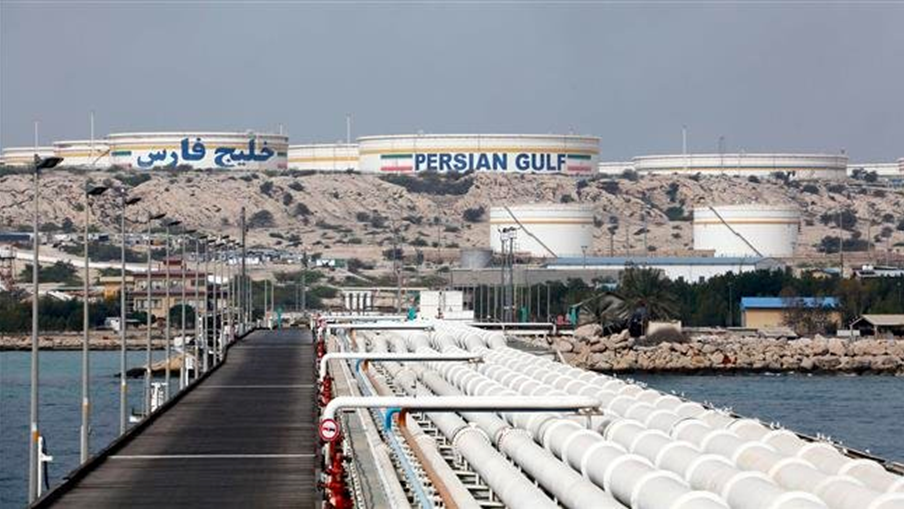The U.S. announced on Monday that it would not extend waivers to sanctions granted to certain countries that bought crude oil from Iran.
This decision is intended to bring Iran’s oil exports to zero, denying the regime its principal source of revenue, the White House said. The waivers, which expire on May 2, were granted in November to eight countries, including China, India, Japan, South Korea and Turkey, when the U.S. reimposed its oil sanctions following its exit from a nuclear deal with Iran. The three others that received oil waivers last year, Italy, Greece and Taiwan, had already moved to zero imports, according to oil analysts. Large crude buyers were expecting a renewal of the waivers.
Iran’s oil exports declined through much of 2018 and plummeted when the U.S. sanctions went back into effect in November, but they have since rebounded a bit. Crude and condensate shipments rose 12 percent to 1.7 million barrels per day in March, the highest since October, according to analysis published April 9 by S&P Global Platts, an information provider on energy and commodities markets.
Any nation or entity interacting with Iran “should do its due diligence and err on the side of caution. The risks are simply not going to be worth the benefits,” said Secretary of State Mike Pompeo during a press conference. In response to a question from a reporter, Pompeo said he wouldn’t “foreclose the possibility” of allowing “a particular transaction that is incidental” after the May 2 deadline.
China and Turkey, both of which were expecting waivers, said they opposed the U.S. decision. Geng Guang, a Chinese foreign ministry spokesman, said Beijing opposes Washington’s unilateral sanctions and that China’s dealings with Iran are reasonable and legitimate.
Crude prices surged Monday following the U.S. announcement. The White House cited commitments from oil exporters, such as Saudi Arabia and the United Arab Emirates, to ensure that the market has adequate supply. U.S. officials said the markets would be able to handle the decision. Saudi officials said Monday they will coordinate with producers to ensure supplies and balance markets.
Tehran said it was ready for the U.S. announcement, and it responded by threatening access to the Strait of Hormuz, a key waterway for crude transport. Iranian officials have made similar threats in the past when tensions rose between Tehran and Washington. A U.S. official countered, saying that closing the Strait of Hormuz would be “unjustified and unacceptable.”
“The waivers… have no value,” Iranian news agencies quoted the foreign ministry as saying. Tehran was in touch with European partners and neighbors, and would “act accordingly,” the agencies said.
